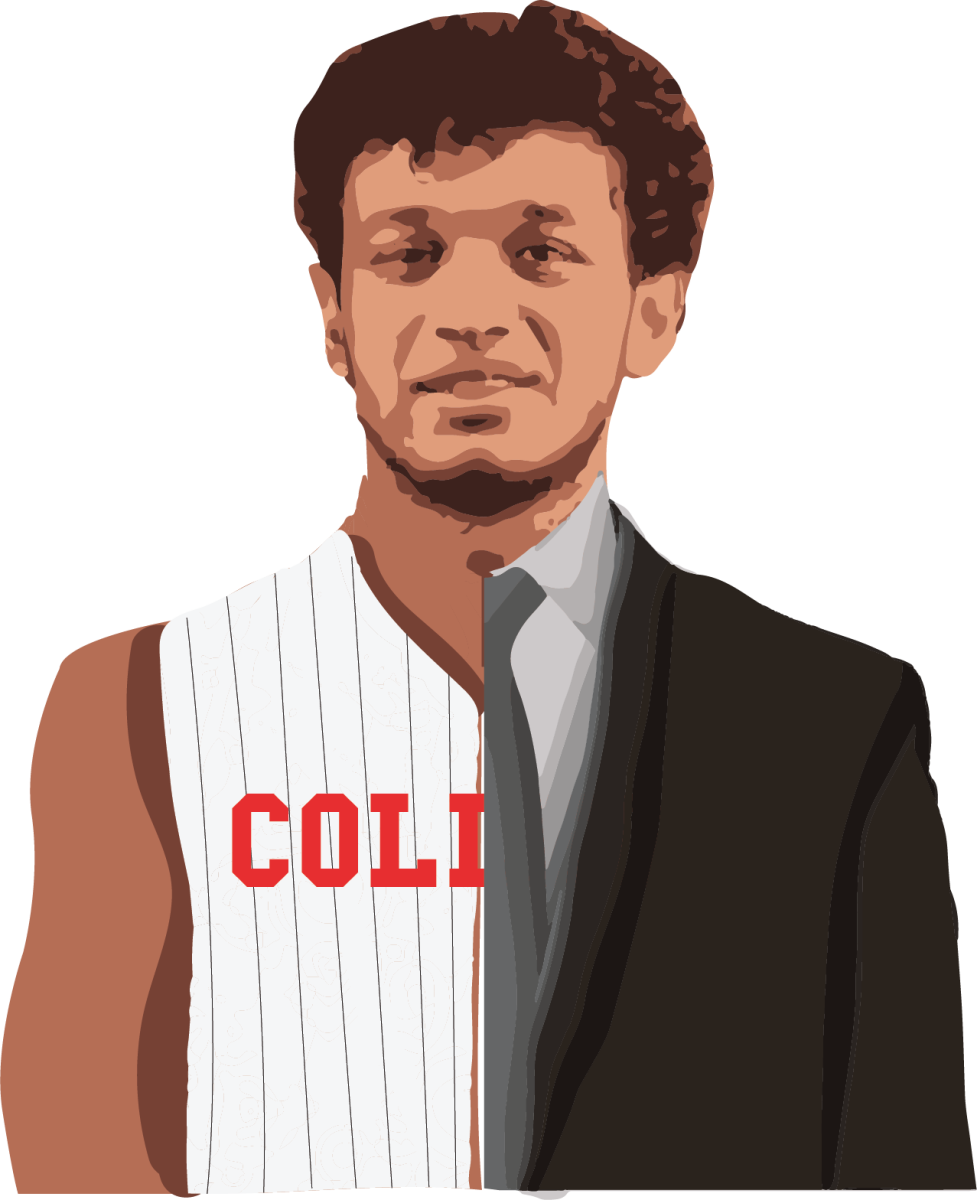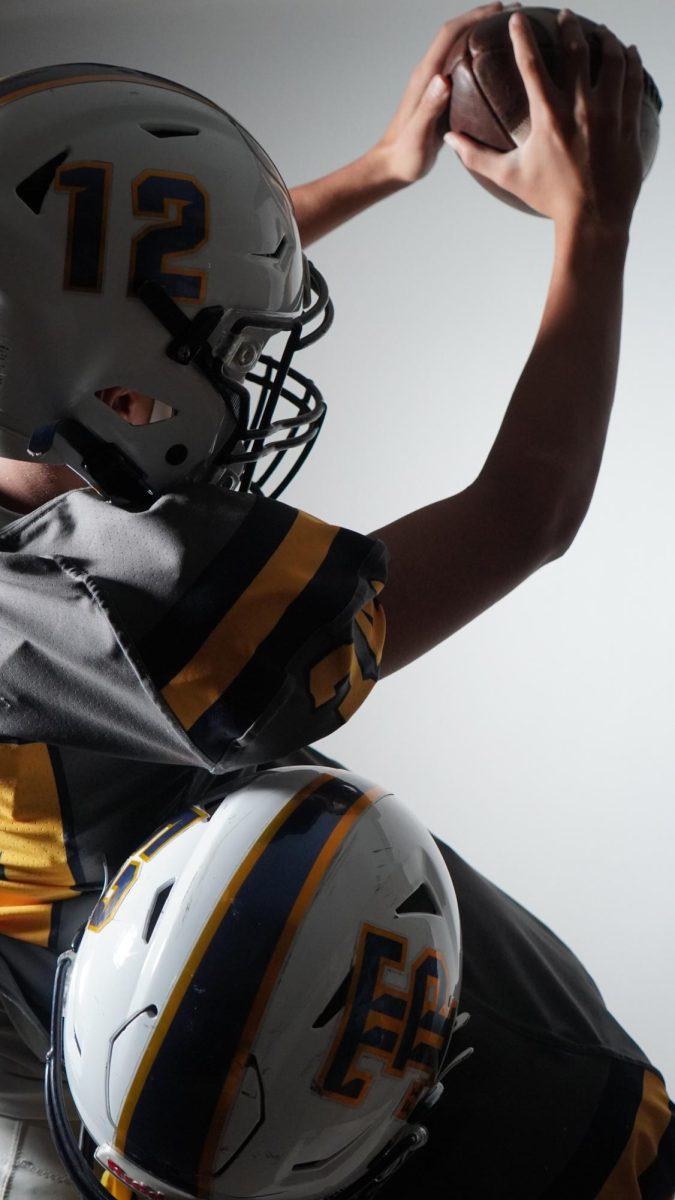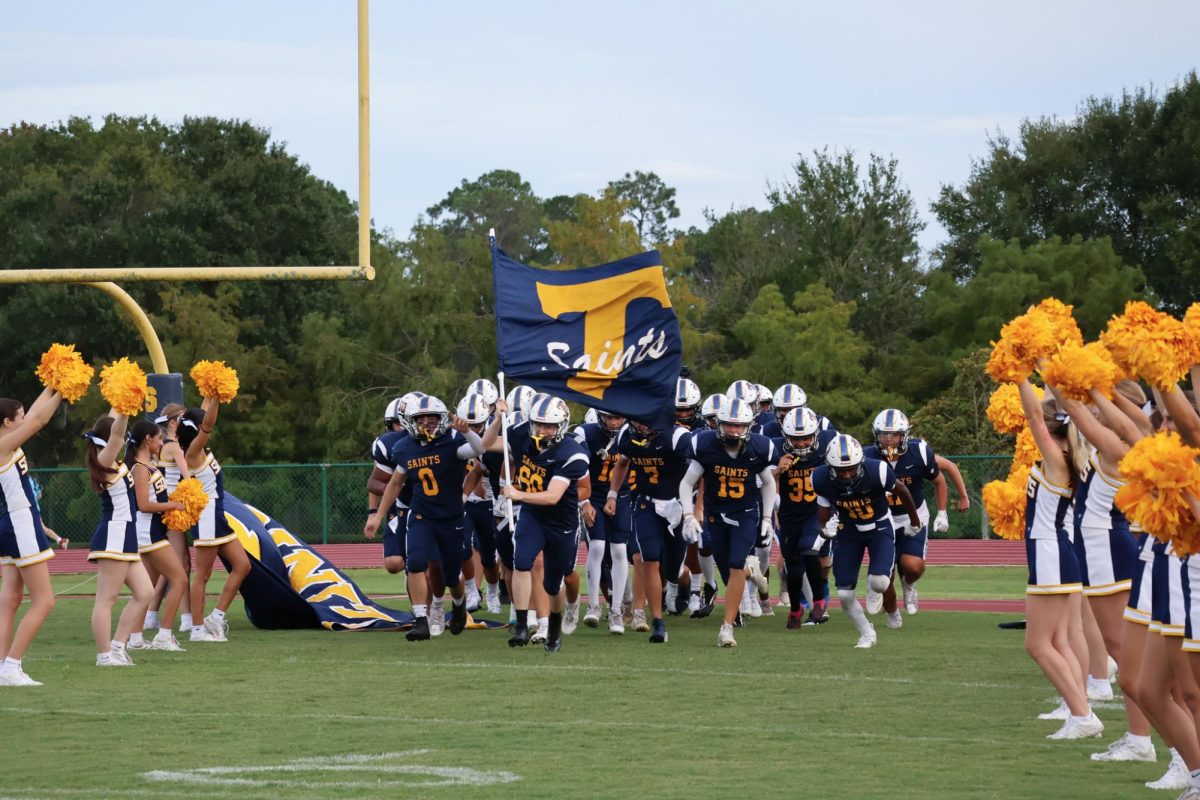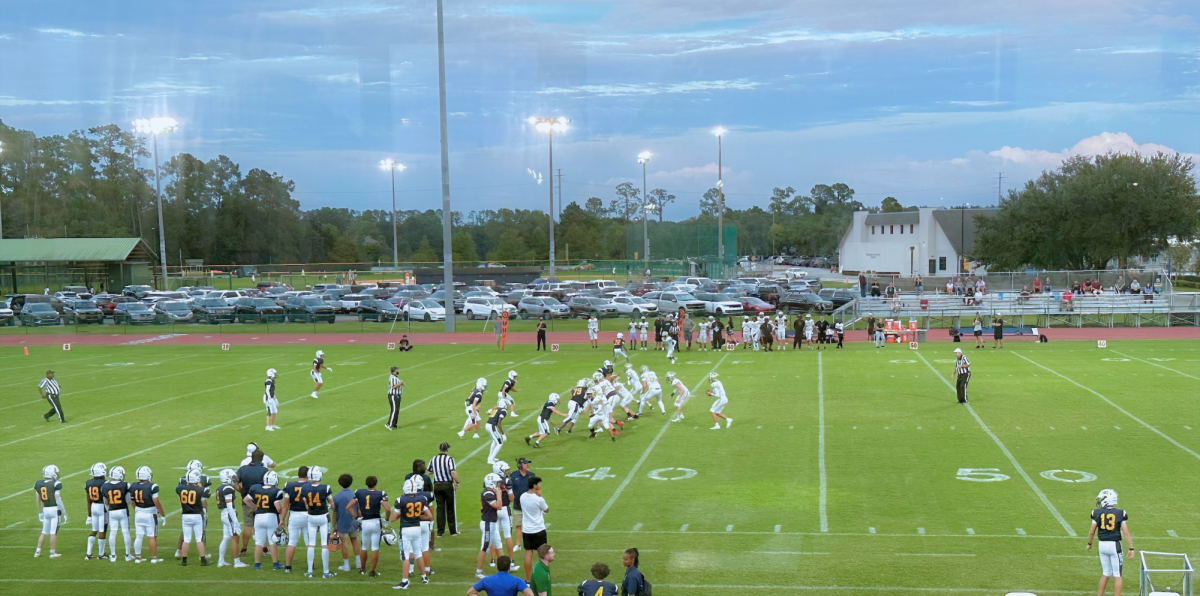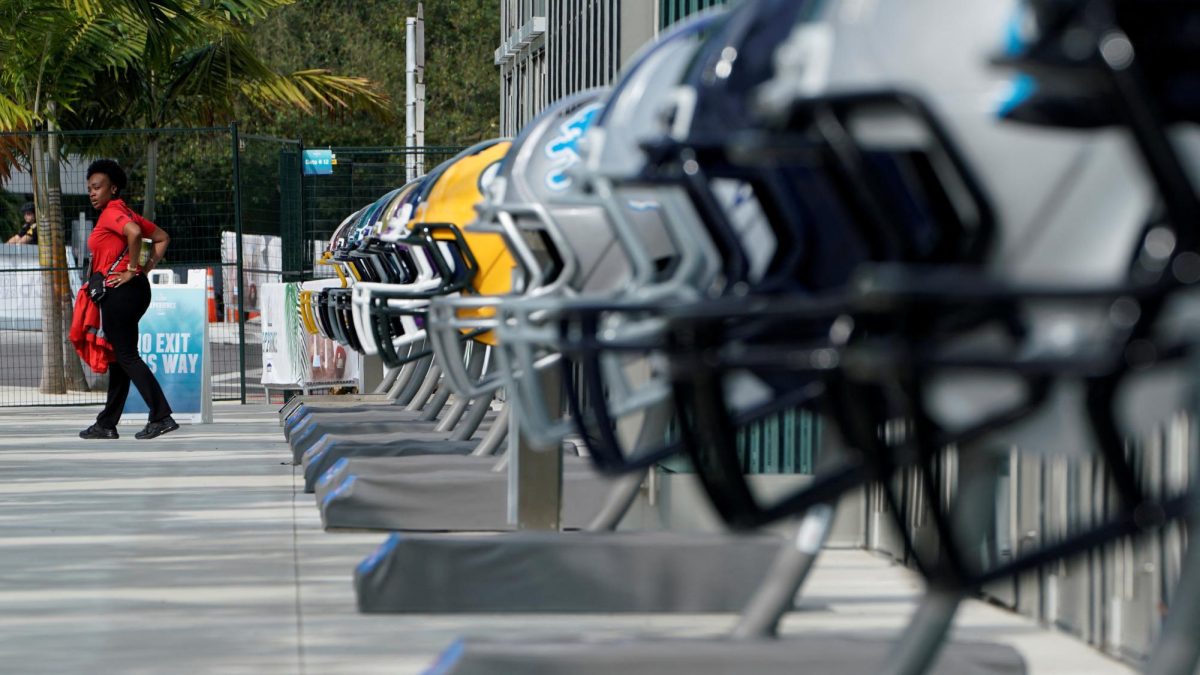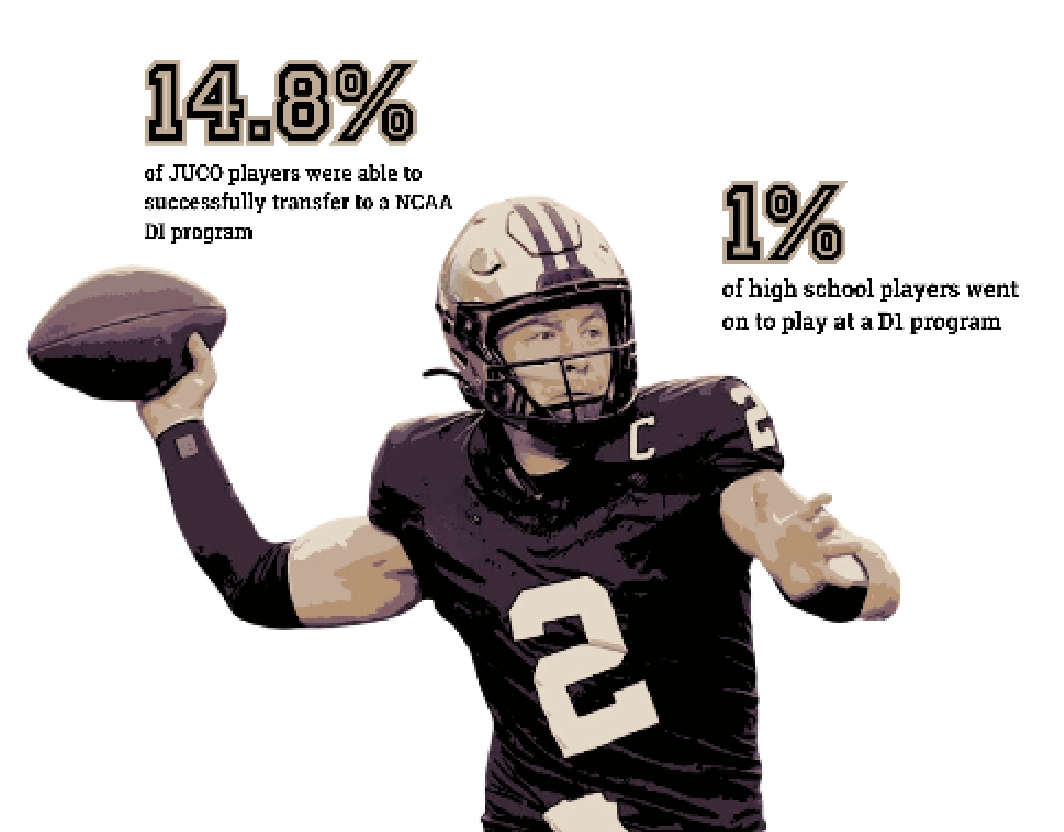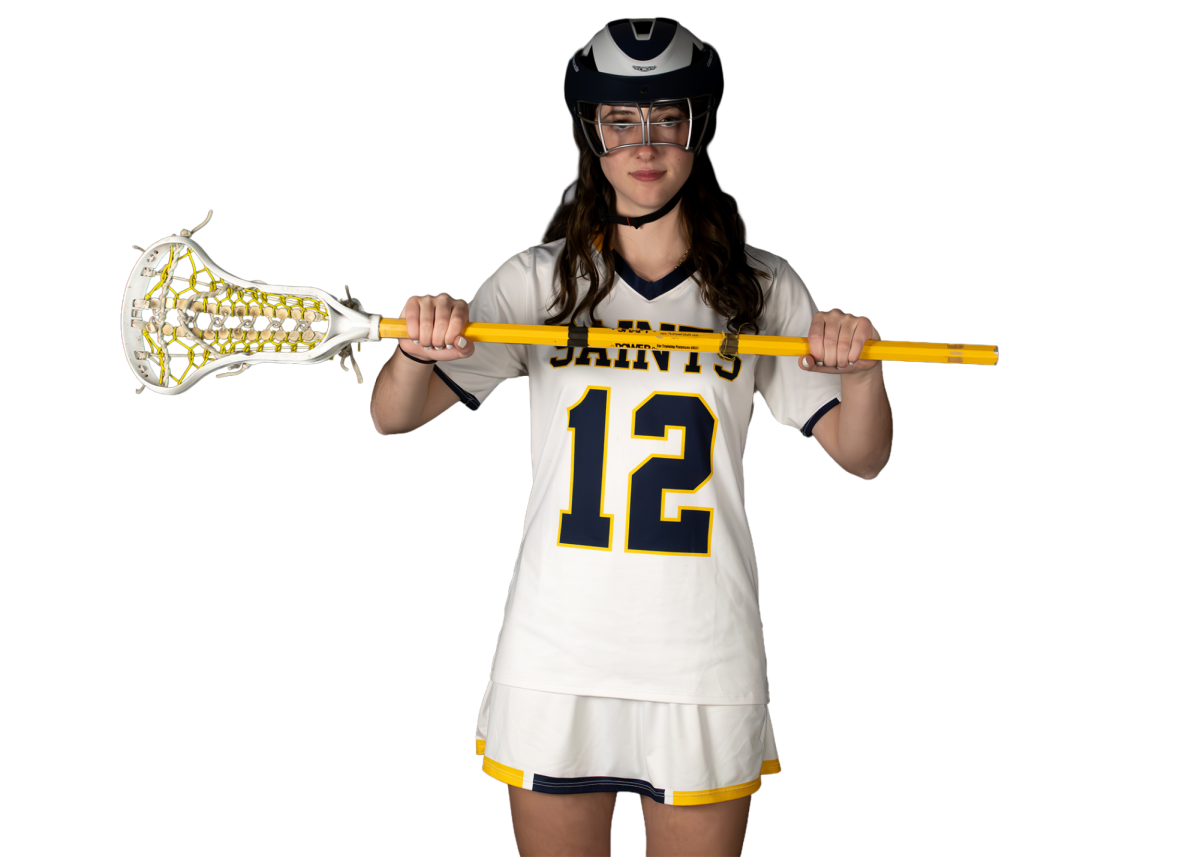Almost every kid’s childhood dream is to pursue their passion at the highest level possible — whether that be as an astronaut, professional athlete or a school teacher; Peter Princi is no exception. In his life, he’s only had two employers: the New York Mets and Morgan Stanley. Star pitcher and senior captain of the Wake Forest’s baseball team, Princi fulfilled his childhood dream when he was drafted to the New York Mets. After a brief career in the minor leagues, Princi believed it would be in his best interest to hang up his cleats. The internship Princi secured during his senior year created a lifelong job at Morgan Stanley; the lessons and skills he learned as a student-athlete in college provided him the foundation to climb to the top of the finance world.
According to a 2024 Harvard Business School study and other studies run through the NCAA found that 33% of collegiate athletes had great job opportunities after graduation. Former collegiate athletes find more success when it comes to securing higher-paying jobs or pursuing additional degrees than students who did not play a sport in college.
Student-athletes have been trained to manage and balance the many demands placed on them, whether that is social, academic or athletic. This early understanding of creating a life balance sets them up well for real-world exposure. Princi believes that juggling the challenging workload of the Wake Forest Business School and the demands of playing in a top 20 Division I baseball program helped him deal with real-world pressures.
“Being a student-athlete teaches you to manage your time well in that type of schedule and translates when you come into the work world,” Princi said.
Isabella Brady has had similar experiences managing a rigorous academic schedule while competing at the Division I level. Brady is a Trinity Prep alum who graduated in 2020, played Division I volleyball at Davidson College and is currently in medical school.
“Davidson taught me a lot about time management,” Brady said. “There were days where I had a crazy schedule with little breaks, and I had to learn to manage it… That’s one thing that many med school programs and potential employers really look for.”
Time management forces student-athletes to stay disciplined and work extremely hard to stay at the highest level of their sport and academics. Not only does the rigorous collegiate athletic environment prepare future employees for work, but, according to Princi, it creates a competitive spirit and drive that carries over into his career in wealth management.
“When I came into Morgan Stanley, there were 20 other rookie advisors and I came with the mentality that I’m going to beat them all; only two [of the rookies] are still in the business,” Princi said. “So there’s no room to fail”.
Trinity Prep Assistant Head of Upper School Sebastiaan Blickman has found the same level of discipline to be vital in the college world and his life today. He attended Bucknell University, where he played soccer. Blickman later earned teaching degrees at Boston University and the University of Pennsylvania.
“You [learn] to love the structure of being a student-athlete and to value every minute to be as efficient as possible throughout the day,” Blickman said. “That’s the greatest gift that [college] ever gave me, and I realized the beauty of structure and discipline.”
The teamwork and camaraderie that comes with being part of a collegiate team creates opportunities for athletes like Brady and Blickman to form relationships and connections.
“[Being a student athlete] you have a group of friends who are all pulling more or less in the same direction,” Blickman said. “They become like family and it creates this culture that is driven to success and to growth.”
Athletes at the pinnacle of their sport after high-school sometimes choose to go straight to the pros. Athletes considering bypassing college to go straight into the professional world of their sport may gain valuable skills in the college process that will translate into the real world as they are no longer able to play a sport.
“Go to the best possible school you can go to because the likelihood of you making money in your sport is well less than 1% even when you get to the college level,” Princi said.
Recruiters choose to hire college athletes because time management and discipline are skills that allow them to hit the ground running with the most challenging of jobs.
“Playing a sport at a collegiate level [is] kind of the icing on the cake when I look to bring people into my consulting firm,” Princi said.“I know they are going to be hardworking and resilient when they step into the door.”




